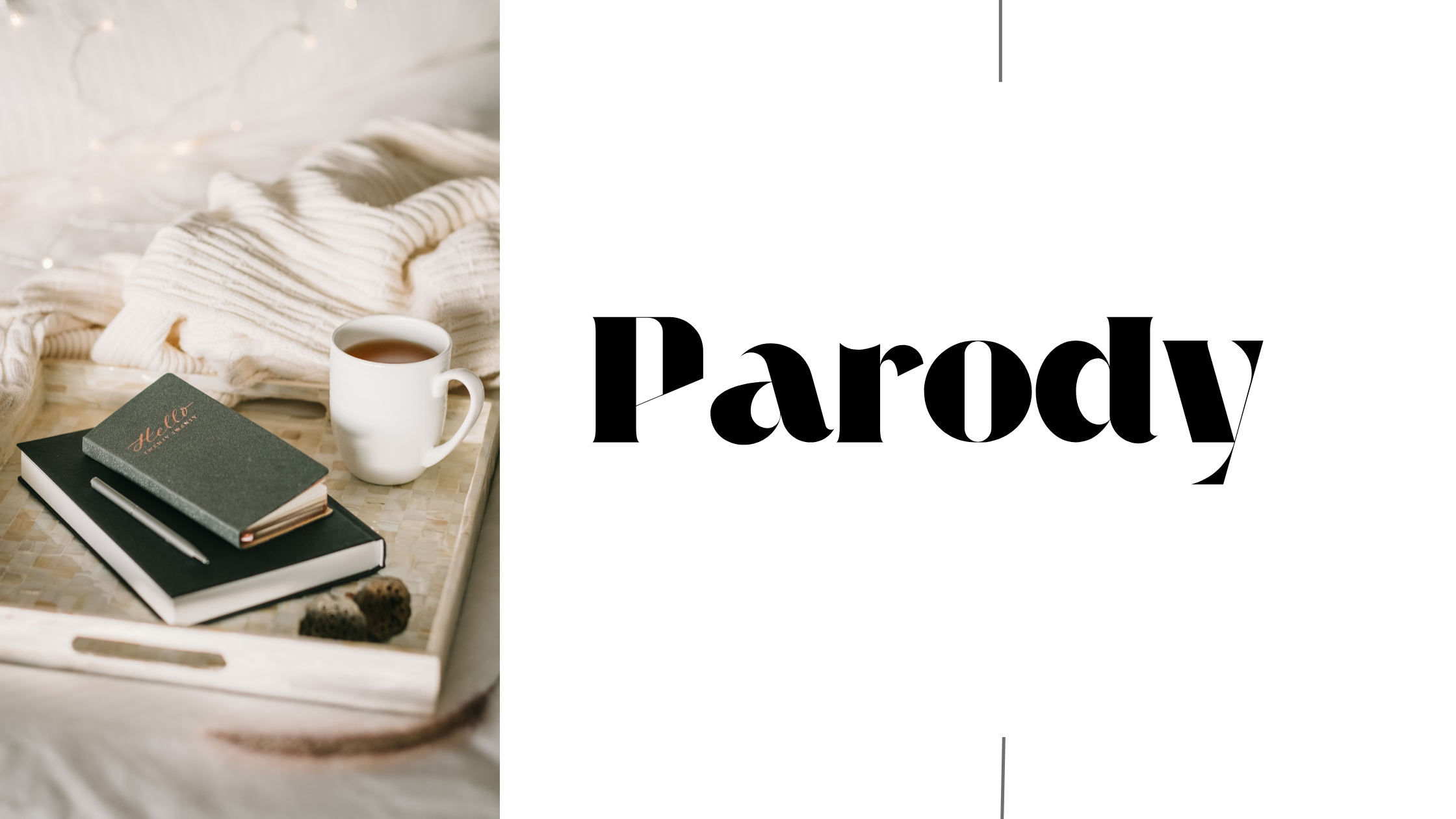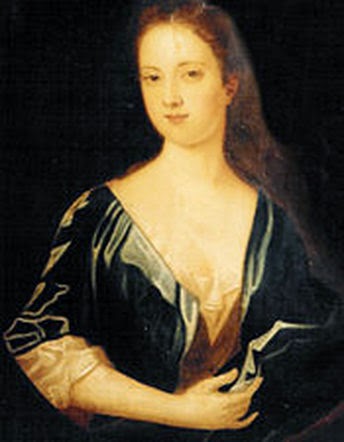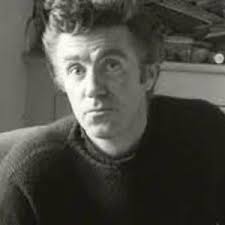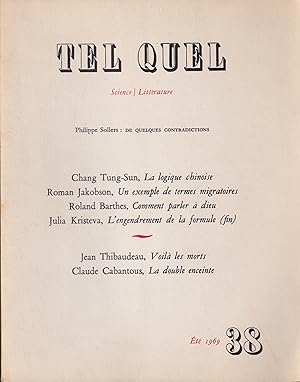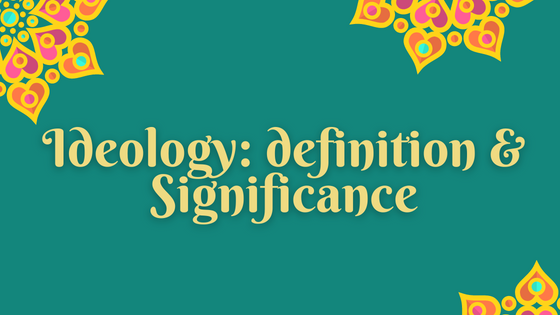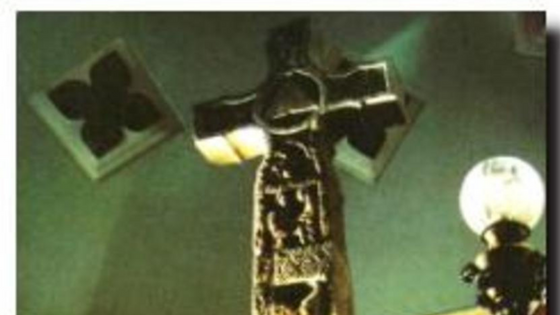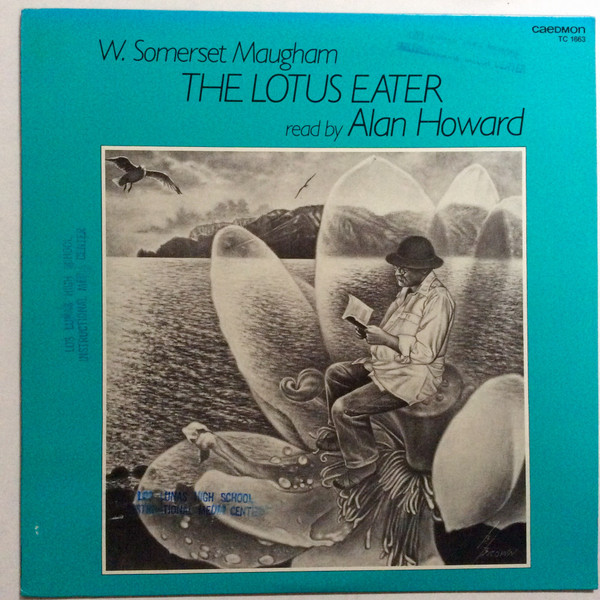Parody (Gk meaning ‘beside, subsidiary or mock song’) is the imitative use of an author's words, style, attitude, tone, and ideas to make them ridiculous. This is usually achieved by exaggerating certain traits, using more or less the same technique as the cartoon caricaturist. It is a kind of satirical mimicry. As a branch of…
